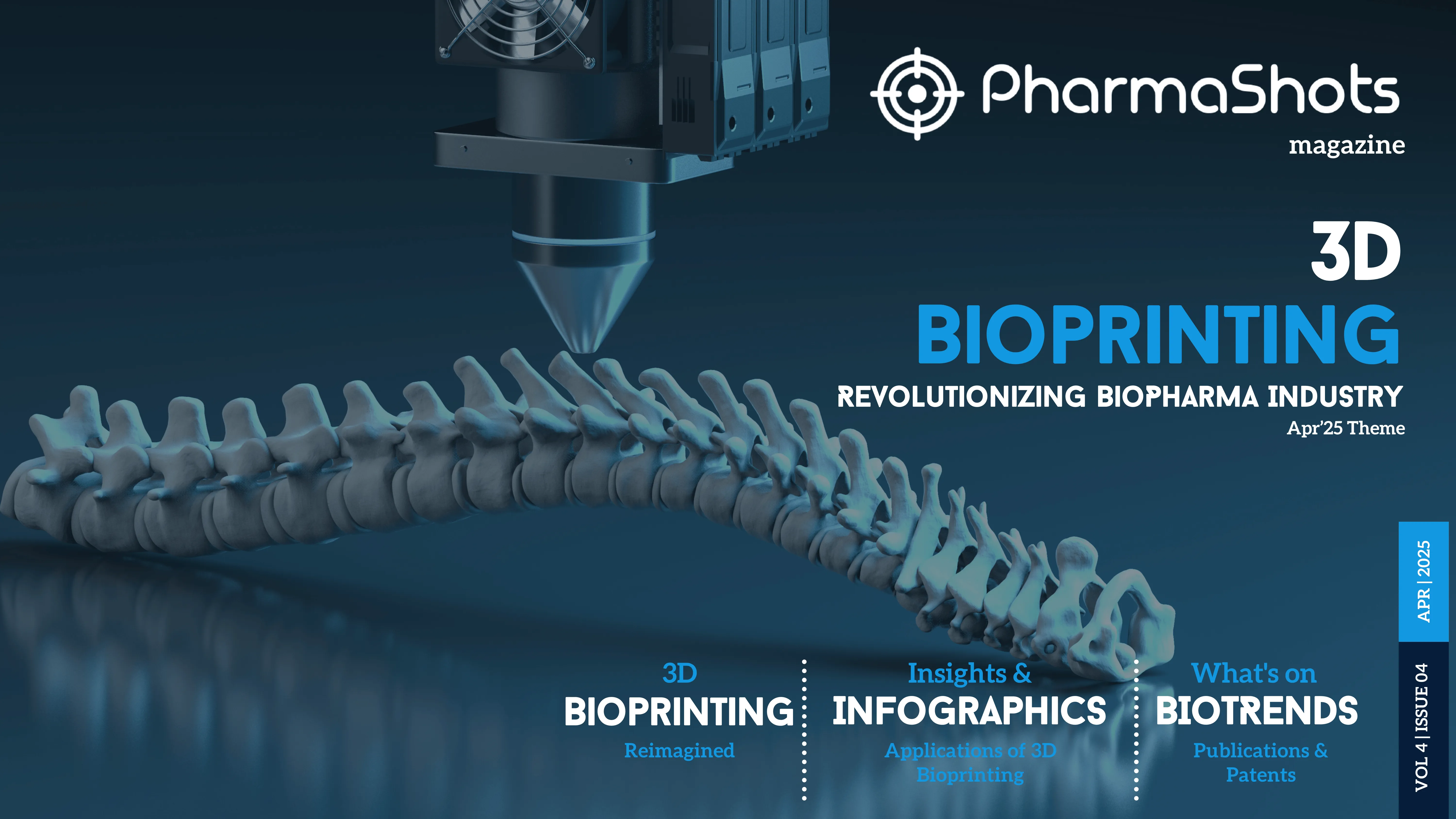
Tearing the Silence: Addressing Common Postpartum Concerns
Bringing a new life into this world is miraculous and rewarding. Gazing into your baby’s tiny eyes while holding them is blissful. Yet this joy and sense of fulfillment come with challenges. Support, guidance and health education are needed the most in the postpartum period to empower women to make informed choices about their own and their baby’s well-being.
What are the maternal concerns of postpartum?
Postpartum is an individual journey. The issues faced vary from one mother to another and from pregnant woman to the next. Here are the common maternal concerns:
Breastfeeding problems
Problems in breastfeeding are bothersome for majority of the first-time moms. Mothers who had previous successful breastfeeding journeys may also report issues with subsequent babies. From insufficient milk supply to sore nipples to breast pain and engorgement, mothers experience them all.
Guidance and support from a lactation support nurse, your doctor or an experienced household member are of utmost importance. Skin-to-skin contact with the baby and frequent feeding on demand increase milk supply. Properly latching the baby to the breast improves sore nipples and aids in breast emptying, thereby relieving engorgement and pain.
Perineal care
Perineum is the visible skin between the vagina and anus and is prone to tearing during vaginal births. Tending to the perineal wound or episiotomy is an important aspect of after-delivery care for the mother. Good hygiene and a nutritious diet are essential for optimal healing. Pain from the wound is addressed with painkillers and cold compresses.
With good care, the area generally heals well. However, at times, the extensive tearing from childbirth or infections in the postnatal period causes suboptimal healing and scarring of the perineum. This scarring alters perineal functionality and is responsible for painful sex in the postpartum period. In such instances, perineoplasty should be sought as a restorative solution to bring back the normal physiological status and aesthetic appearance of the perineum.
Sleep deprivation
With a newborn to care for, sufficient rest and sleep seem impossible. The frequent feeding spells and diaper changes keep your hands full. Your body is recovering from the effects of labor and delivery and needs time off to unwind and relax. Lack of rest and sleep deprivation can prolong the healing phase and affect your mental health and family dynamics.
You can get time off your parenting duties to rest and recuperate with modifications in your daily routine and help from your partner and family. Rest while the baby is asleep. Delegate tasks to hands willing to help, and don't overwork yourself, striving for perfection in household chores.
Body image and weight loss
Pregnancy often leaves one overweight, with a belly pooch and saggy and discolored abdominal skin. Hair loss and skin dullness are common as well due to the withdrawal of pregnancy hormones. In addition, the perineal wound, along with its effects on intimacy, is worrisome. All these concerns result in low self-esteem and cause postpartum women to report strained relationships with their partners.
Remember that even with a consistent postpartum exercise routine and optimal skin and hair care, your body still needs time to bounce back. It took your body nine months to make that beautiful baby. It certainly will take time to revert back. Don't let a number on the scale define you. Cherish the blissful moments with your newborn. Do not spoil them by stressing over the size of your jeans or your favorite dress not fitting anymore.
Emotional challenges
Anxiety, mood swings, crying bouts and feelings of worthlessness are postpartum symptoms not to ignore. They are the warning signs of Postpartum depression. The severity ranges from its commonest mild form, the postpartum blues, to the most debilitating and rare mental illness, the postpartum psychosis.
Mothers need emotional support from partners and family members and professional guidance from their doctors to cope with postpartum stress. While the postpartum blues settle by themselves in a couple of weeks, the more severe forms need specialized and expert input in management. Untreated patients are prone to develop chronic depressive illnesses.
Importance of postpartum care
Women need care continuity while they transition from being pregnant to their new roles as mothers. Adequate postpartum care would:
-
Support the woman to smoothly adjust to her new role as a mother.
-
Help in early detection of maternal and neonatal health issues of concern.
-
Encourage breastfeeding, make it a successful journey and help women bond with their babies.
-
Provide guidance on nutrition and physical fitness.
-
Assist women in finding coping strategies for postpartum mood disturbances.
-
Empower women to make informed choices about birth spacing and family planning.
To conclude
Postpartum is a bittersweet journey for many mothers. There are multiple challenges, but you can navigate them smoothly with proper support and guidance. It is essential to tear the silence, speak up and set aside the fear of being judged. Remember that help is always available to address your genuine concerns.
Related Post: 4 Biopharma Trends to Watch out in 2024
Tags

Dr. Jehan Ara is a highly qualified consultant obstetrician and gynaecologist with a passion for writing and health education. She has more than 10 years of practical patient care experience. She is currently working as an Assistant Professor of Obstetrics and Gynaecology in a medical school and a clinical supervisor for postgraduate residents of obstetrics and gynaecology in the affiliated teaching hospital. In addition to her clinical work, Dr. Jehan is also a passionate writer and educator. She regularly writes articles and blog posts on women’s health. She is committed to helping women understand their bodies and make informed decisions about their health.














